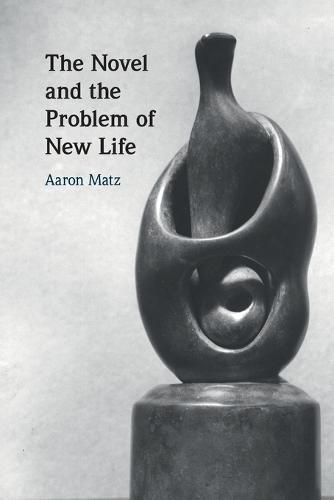Readings Newsletter
Become a Readings Member to make your shopping experience even easier.
Sign in or sign up for free!
You’re not far away from qualifying for FREE standard shipping within Australia
You’ve qualified for FREE standard shipping within Australia
The cart is loading…






The novel since the nineteenth century has displayed a thorny ambivalence toward the question of having children. In its representation of human vitality it can seem to promote the giving of life, but again and again it betrays a nagging doubt about the moral implications of procreation. The Novel and the Problem of New Life identifies this tension as a defining quality of the modern British and European novel. Beginning with the procreative-skeptical writings of Flaubert, Butler, and Hardy, then turning to the high modernist work of Lawrence, Woolf, and Huxley, and culminating in the postwar fiction of Lessing and others, this book chronicles the history of the novel as it came to accommodate greater misgivings about the morality of reproduction. This is the first study to examine in literature a problem that has long troubled philosophers, environmental thinkers, and so many people in everyday life.
$9.00 standard shipping within Australia
FREE standard shipping within Australia for orders over $100.00
Express & International shipping calculated at checkout
The novel since the nineteenth century has displayed a thorny ambivalence toward the question of having children. In its representation of human vitality it can seem to promote the giving of life, but again and again it betrays a nagging doubt about the moral implications of procreation. The Novel and the Problem of New Life identifies this tension as a defining quality of the modern British and European novel. Beginning with the procreative-skeptical writings of Flaubert, Butler, and Hardy, then turning to the high modernist work of Lawrence, Woolf, and Huxley, and culminating in the postwar fiction of Lessing and others, this book chronicles the history of the novel as it came to accommodate greater misgivings about the morality of reproduction. This is the first study to examine in literature a problem that has long troubled philosophers, environmental thinkers, and so many people in everyday life.